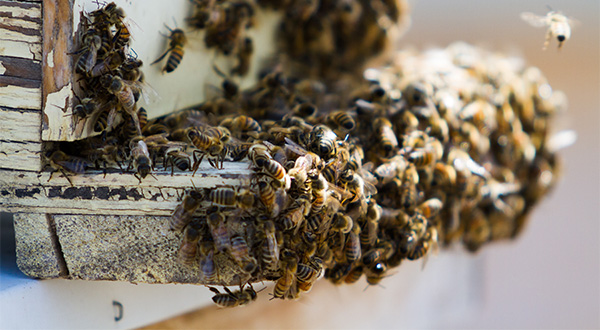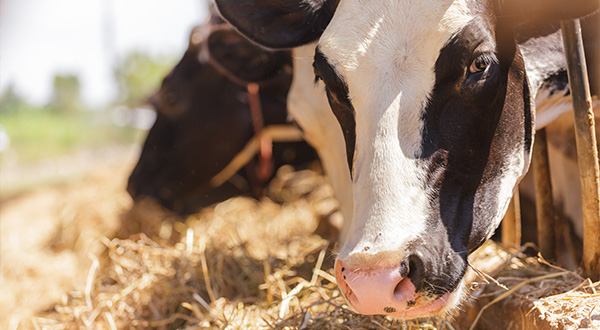The power of IoT in precision farming
Precision farming, aka precision agriculture, is a new way of farming. It uses technology to help farmers improve their chances of success by optimising how their land is used, reducing waste, and improving their overall impact on the environment.
With the world population being on course to exceed 10 billion within the next 50 years, the demand for food is expected to increase and as such, more efficient and sustainable farming practices are needed to keep everyone fed. The “Internet of Things” is a key technology driving the transformation of precision farming, enabling farmers to collect, analyse, and act on data in real-time.
Examples of precision agriculture
Challenges of IoT in precision farming
There are many benefits of IoT when it comes to precision farming, but there are also challenges that must be addressed. These include:
The future of IoT in precision farming
The future of IoT in precision farming is bright, with a growing number of companies investing in the development of IoT solutions for agriculture. Some of the future prospects of IoT in precision farming include:
FAQs
More crops, less waste and more profit for farmers
The use of IoT technology in precision farming offers a variety of potential benefits, including the real-time monitoring and control of environmental conditions, improved crop protection, enhanced supply chain management, and a reduction in waste. While there are some challenges that may hinder adoption, the future prospects of IoT in precision farming are very exciting.
Kickstart your IoT journey today
Ready to reap the benefits of an IoT solution but don’t know where to start? Contact our team of specialists and we’ll help you find an effective IoT connectivity solution for your unique project. And if you’re still not sure whether IoT connectivity is for you, trial one of our solutions and put our connectivity to the test…




